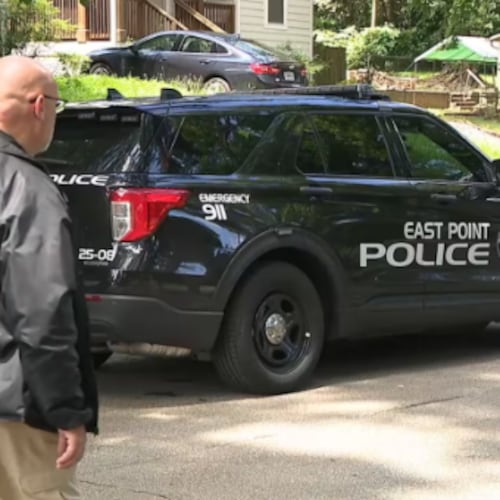DeKalb County plans to use a new $9 million grant to expand COVID-19 vaccine operations and target underserved or hesitant communities.
Specifics are yet to come. But the funding from the Federal Emergency Management Agency will be used to activate 10 mobile medical units that were purchased last year, officials said Tuesday.
The vehicles will be used to make vaccines accessible in a wider, more flexible range of locations.
The grant will also allow DeKalb to open two new fixed vaccination sites in areas “disproportionately affected” by the pandemic, officials said. DeKalb’s Board of Health currently operates two fixed vaccination sites: one at the Doraville MARTA station and another in Stonecrest.
Funding will also be used to enhance outreach efforts with vaccine hesitant populations and immigrant and non-English speaking communities, officials said.
“Where you have others who are closing down vaccinations, we recognize that in order to return to a semblance of what was normal we need to get shots in arms,” DeKalb Chief Operating Officer Zach Williams said during a Tuesday morning presentation to the county commission.
Overall, about 36% of eligible DeKalb County residents have received at least one dose of the COVID-19 vaccination. About 28% of residents are fully vaccinated, according to Dr. Sandra Valenciano, DeKalb’s new interim district health director.
There are disparities, however.
Valencaino said that while about 42% of white DeKalb residents have received at least one dose of the vaccine, only about 24% and 21%, respectively, of the county’s Black and Latino communities had gotten a shot.
“There is not one segment but many segments in the Black community that have not taken this shot, are hesitant in taking this shot,” Commissioner Mereda Davis Johnson said. “We need to see why and try to reach all of those people.”
In addition to using mobile clinics to bring shots closer to communities with low vaccination rates, the new federal grant will be used to provide translators, expand advocacy efforts with local community and cultural groups, and launch what Valenciano called “a multifaceted communications plan.”
“The vaccine is available for everybody,” Valenciano said.
About the Author
Keep Reading
The Latest
Featured



